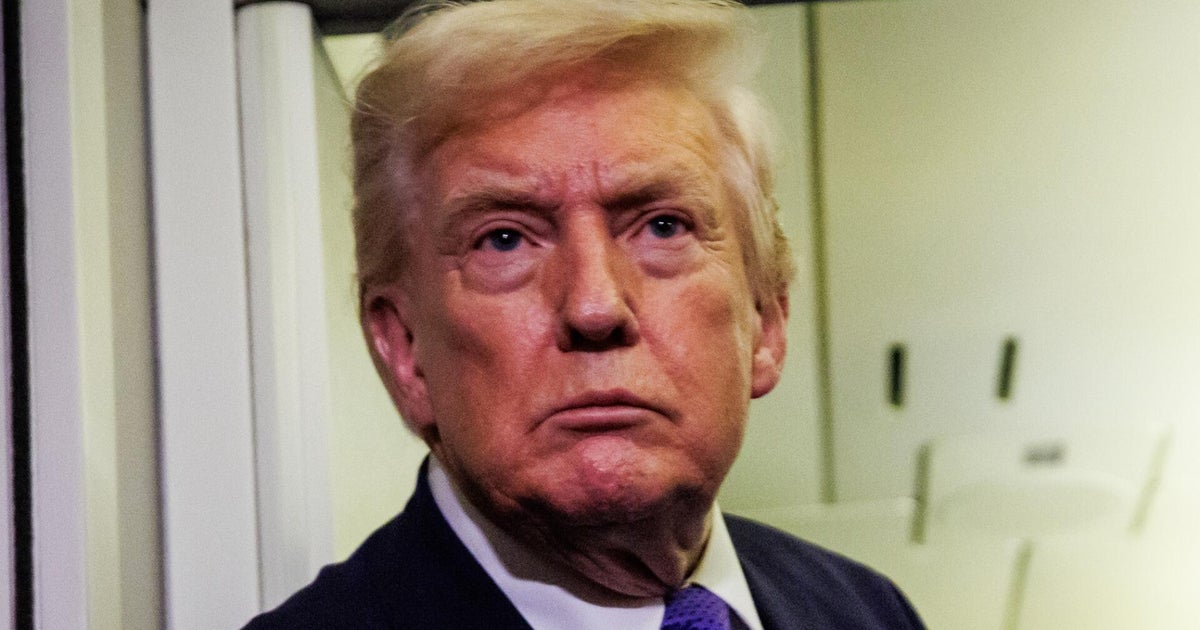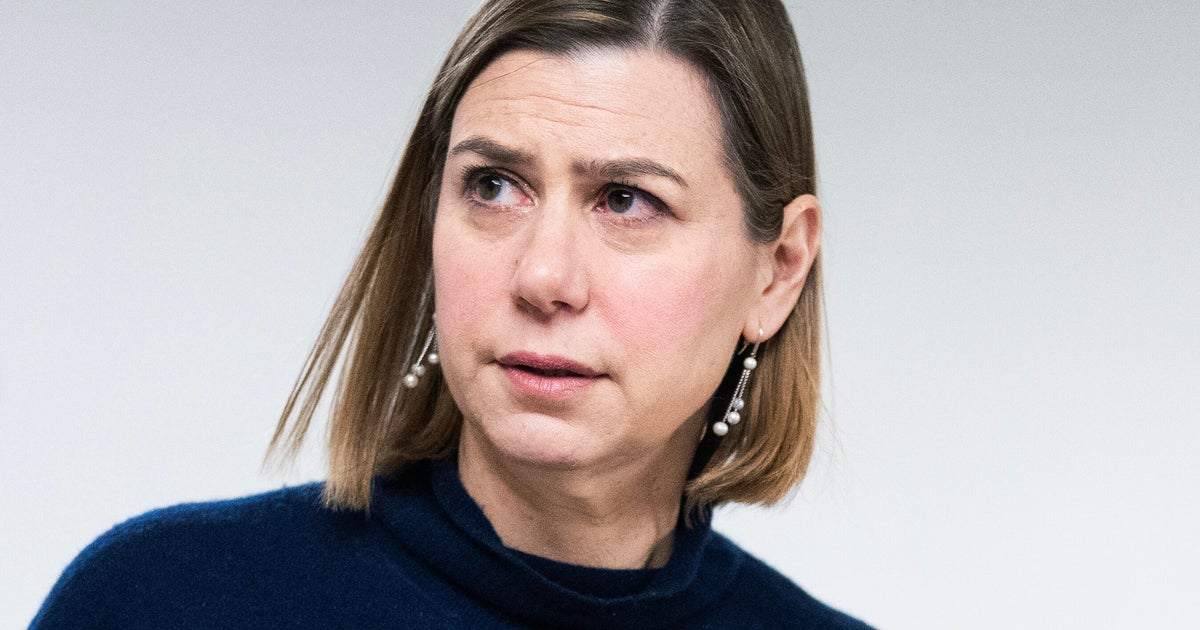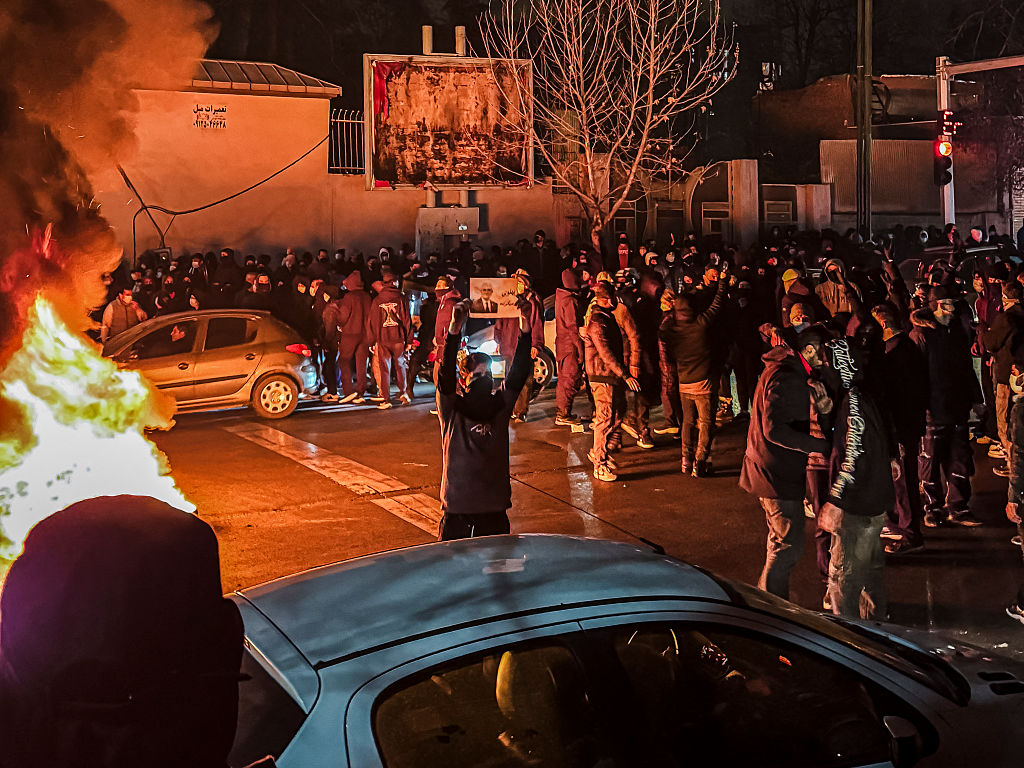Why "Sesame Street" may not be doomed financially
An amateur video showing "Sesame Street" star Elmo getting "fired" was posted on YouTube earlier this year after news broke President Donald Trump was planning to eliminate federal funding for public broadcasting. However, the beloved children show's financial situation is more complicated than the satirical clip suggested.
For one thing, Sesame Workshop -- the nonprofit producer of "Sesame Street" -- provides the show to the Public Broadcasting Service (PBS) for free, and it doesn't receive any direct government support to produce the program, thanks to a distribution deal it signed in 2015 with Time Warner's (TWX) HBO, which allows "Sesame Street" to be shown on HBO before it's on PBS.
But the TV stations that Elmo, Big Bird and Cookie Monster have called home for more than four decades won't be so fortunate if President Trump's plan to eliminate federal funding for public broadcasting is enacted.
Public TV gets about 15 percent of its overall revenue from the Corporation for Public Broadcasting (CPB), a private, nonprofit corporation created by Congress in the Public Broadcasting Act of 1967. According to the CPB, $226.79 million went to public TV stations in fiscal 2016 through Community Service Grants.
Stations that serve smaller markets depend more on government aid because of a lack of private funding sources, such as foundations and corporations. In Alaska, for example, CPB money can represent as much as 80 percent of a public station's budget.
"Eventually, every public television station would go dark without federal funding, because the federal investment ensures universal service to everyone, everywhere, every day, for free, and without it, much of middle America and virtually all of rural America would go without public television service," said Patrick Butler, president and CEO, America's Public Television Stations, a trade group.
His statement continued: "Stations in large urban centers might be the last to go, but even they would struggle to maintain a critical mass because programming and other costs (such as interconnection, rights clearances, etc.) could not be spread across a nationwide system."
Sesame Workshop is optimistic that PBS will weather the current political storm. Should the network go dark, the company would look into alternative ways to distribute the show, such as streaming on the internet, to guarantee that the "Sesame Street" is available for free to every child in the country, according to Steve Youngwood, the organization's chief operating officer.
"We hope we don't have to go down that road." he said. "Somebody else would fill that gap."
To be sure, Sesame Workshop receives government funding equal to about $3.6 million, or about 3 percent of its $120 million in total operating revenue in the fiscal year ended June 30, 2016. The money comes from the U.S. State Department and the Agency for International Development to supports those organizations' work in Bangladesh and Afghanistan.
Sesame Workshop also gets aid for its work assisting U.S. military families. If that funding were eliminated, Sesame Workshop would try to raise cash from alternative sources such as foundations and corporate sponsors, though it would be a "challenge," Youngwood said.
"It has been a long time since the government was a major source of our revenue," he added.
The nonprofit's financial shape improved after the 2015 deal with HBO. During fiscal 2016, Sesame Workshop reported total operating income of $7.42 million, reversing a loss from the previous year of $7.44 million, according to the organization's latest financial report. In 2014, it was $11 million in the hole. Corporate sponsorships also help. For instance, Fiat Chrysler (FCAU) recently showed "Sesame Street" characters in the company's minivans in an online commercial.
Too bad Kermit the Frog won't be able to wisecrack about "being green" during these tough financial times. Sesame Workshop acquired the rights to the Muppets created for the show, such as Elmo, Bert, Ernie and Cookie Monster in 2000. But that deal didn't include "classic" characters including Kermit, Miss Piggy and Fozzy Bear.



